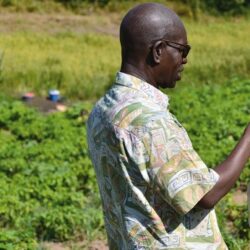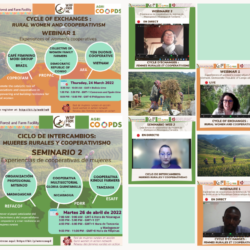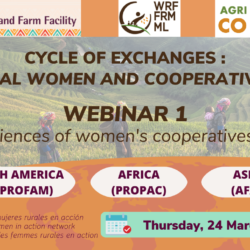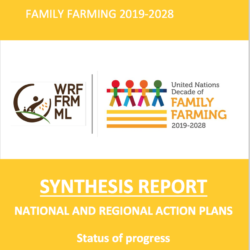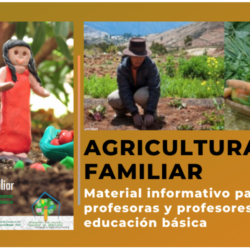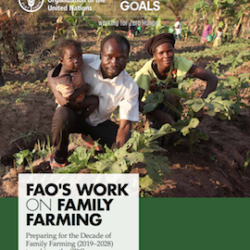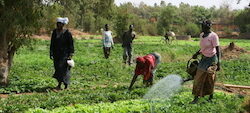Food and Agriculture Organization and Asian Farmers’ Association for Sustainable Rural Development sign Memorandum of Understanding
The Food and Agriculture Organization (FAO) and the Asian Farmers’ Association for Sustainable Rural Development (AFA) once again signed a Memorandum of Understanding (MoU) last 20 January 2023. To date, this is the third MoU forged between FAO and AFA which formalizes their continuous collaboration in advancing family farming by promoting the United Nations Decade of Family Farming (UNDFF) and contributing to the achievement of its goals and objectives. Mr. Jong-Jin Kim, Assistant Director-General

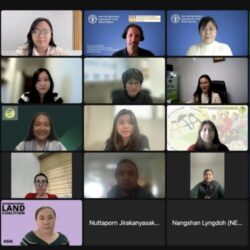
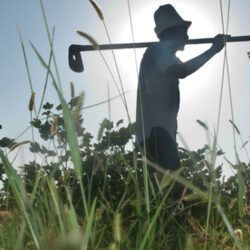
![[Call for Proposal Submission] Sessions for Exchange of Experiences and Knowledge on Family Farming](http://www.cccomdev.org/wp-content/uploads/2022/07/sessions-for-exchange-of-experiences-and-knowledge-on-FF-250x250.jpg)
